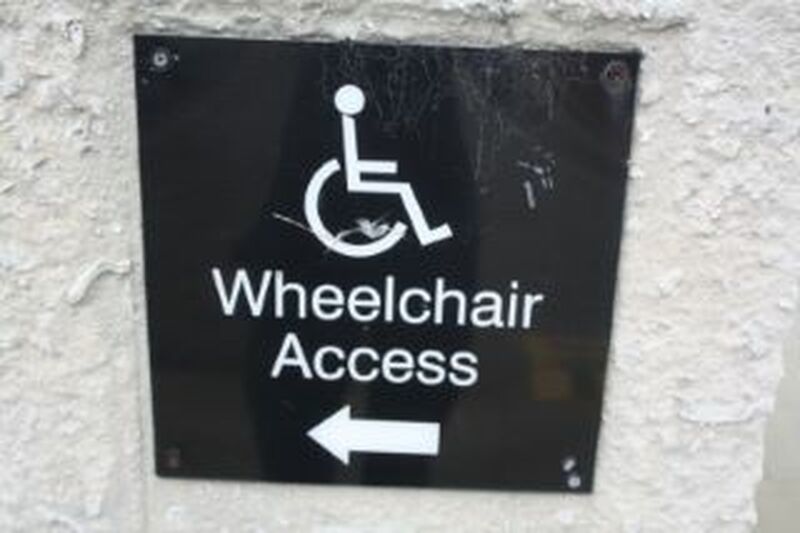DEMANDS for more wheelchair-accessible taxis from disabled residents have been answered - after just 4.3 per cent of available vehicles in the town were classed as suitable for those in need.
Department for Transport figures show Barnsley had 441 licensed vehicles as of April, but only 19 could be used by people with mobility difficulties.
It is an increase from March 2020, when there were 14, and bucks a national trend which has seen figures reduce.
Experts suggest this is due to a lack of training and certification for the safe handling and transport of wheelchairs, as well as the cost of vehicles - some of which are as much as £70,000 due to the adaptations required.
Most local authorities require all or part of their taxi fleet to be wheelchair-accessible, but only five per cent of them have made it compulsory for private hire vehicles.
More local authorities started requiring disability awareness training for taxi and private hire vehicles drivers in 2023 - and Barnsley requires drivers of both kinds to have it.
A council statement said: “The Taxis and Private Hire Vehicles (Disabled Persons) Act 2022 came into force last June.
“The act helps to make sure disabled passengers can use a taxi or private hire vehicle without being discriminated against.
“It makes sure passengers can receive assistance without being charged any extra.
“All taxi and private hire vehicle drivers and operators are subject to duties under the Equality Act - this is regardless of whether or not their vehicle is classed as being wheelchair accessible.
“All taxi and private hire vehicle drivers must accept any disabled person and give them any assistance they need to carry their mobility aids.
“No extra charge can be made for doing this and all costs should be the same as for a non-disabled passenger.
“Drivers can apply for an exemption to carry out mobility assistance duties on medical grounds, or if their physical condition prevents them doing so.
“Exemption notices, when displayed correctly, will only exempt a driver from the mobility assistance duties.
“They will not be exempt from other duties, such as not charging extra for carrying a mobility aid.”
Barnsley also bucked the South Yorkshire trend of increasing its suitable vehicles.
A DfT spokesperson added: “While it’s down to local authorities to manage wheelchair accessible vehicles in their fleet, the government is backing passengers with disability awareness training for drivers and bolstered laws, including fines, for those who fail to provide reasonable assistance.”




























